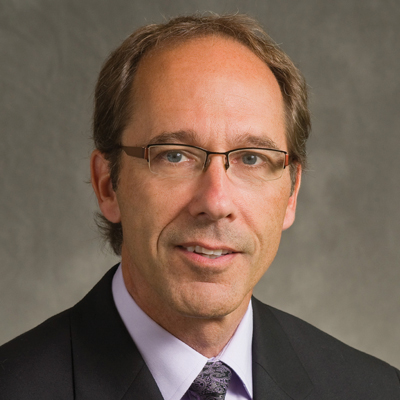One of the cornerstones of the Clinton administration's health care plan is the mandate that employers must provide coverage for their workers. It is also one of the most hotly debated elements of the plan.
Many small businesses claim that, at best, they will be forced to reduce their work force or freeze wages and hiring; at worst, some say they will close their doors.
But others may opt for a third alternative—go underground.
"You bet they'll do it," says Kerry Paulson, vice president of government affairs for the Greater North Dakota Association, the chamber of commerce for a state where 61 percent of the businesses have fewer than five employees. When you mandate participation—that is, increase the cost of doing business for some companies—you increase the incentive to avoid those costs, Paulson says.
The same is true for consumers, Paulson maintains, who may react to the proposed restriction of choice by seeking health care outside a prescribed physician list—regardless of the added expense.
And doctors may also be tempted, according to Harry Greenfield, professor emeritus of economics at Queens College, New York. If a doctor in a health maintenance organization is unhappy with his salary, he may try to earn extra money on the side, says the author of a 1993 book on the underground economy. "That's been true in the Soviet Union and any place with a national system," he says.
"There's no doubt in my mind that you would be adding to the incentives," says Gary Becker, professor of economics and sociology at the University of Chicago. That would be especially true at the employer/ employee level, he says, because not only would employers face higher costs, but employees would ultimately pay through their wages.
Of course, the Clinton administration recognizes that a national health care plan is effective only if everyone participates. Too many scofflaws would undermine the effectiveness, the funding—and the faith—in such a plan, Paulson says. Accordingly, the Clinton plan proposes tough penalties against employers who don't participate and against doctors who practice outside the rules. However, penalties don't deter everyone: There are currently laws against underground business activity and some still find it worth the risk to skirt those laws.
To the degree a national health care plan might be subject to underground activity, there are three likely scenarios for such endeavors, according to sources: employers who would avoid payments by hiring workers off the books; doctors or clinics that would work for cash and not record services rendered; and small companies that would sign up for coverage, pay a minimum amount to get on board, then appear to go out of business when the full bill comes due at the end of a year—only to resurface under another name.
In theory, yes, but in practice?
Many sources contacted for this story agree that, in theory, some may be driven underground by a national health care plan. However, the issue hasn't had prominence in the current debate, according to John Kralewski, director of the Division of Health Services Research and Policy at the University of Minnesota, Minneapolis.
A former director of large and small clinics in North Dakota, who asked not to be identified, says he has no knowledge of current cash-based relationships between doctors and patients, and he doubts that the state's doctors would engage in such practices in the future. This is especially true because over 90 percent of North Dakota's doctors are attached to a clinic, he says, which reduces the opportunity for underground practice.
Robert Reischauer, director of the Congressional Budget Office (CBO), which recently released an analysis of the administration's health care plan, says the CBO did not specifically address the issue of underground activity in its study. "I don't have any idea what the magnitude of this incentive might be," he says, although he stresses that any underground activity by employers must also benefit employees, otherwise they wouldn't participate. He says a possible case of off-the-books employment would likely involve a spouse whose family is already covered by the other spouse's benefit plan.
"That's a problem with an employer-based plan," says Don Morrison, chairman of the Progressive Coalition, a citizen-based organization in North Dakota, about the potential for underground activity. The Progressive Coalition is an advocacy group that is currently trying to influence North Dakota's attempt to develop its own health care plan.
However, even though he recognizes the potential for problems with employer mandates, Morrison says such a plan is the best option for health care reform because it is an expansion of the current system. Also, since all small businesses will face the same costs, Morrison says those businesses will not face undue competition—the entire industry will readjust, most likely by raising prices. Likewise, since the Clinton plan includes subsidies for small employers, Morrison thinks the incentives to go underground will not be as great as might be expected.
In the end, the most likely perpetrators of underground practices under a national health care plan would likely be those who are already engaging in such activity, analysts say. And even though there may be incentive for others to move underground, that isn't necessarily a call for alarm. As Greenfield says: "It would provide an additional [underground] incentive, but I wouldn't judge the whole plan on that element."





